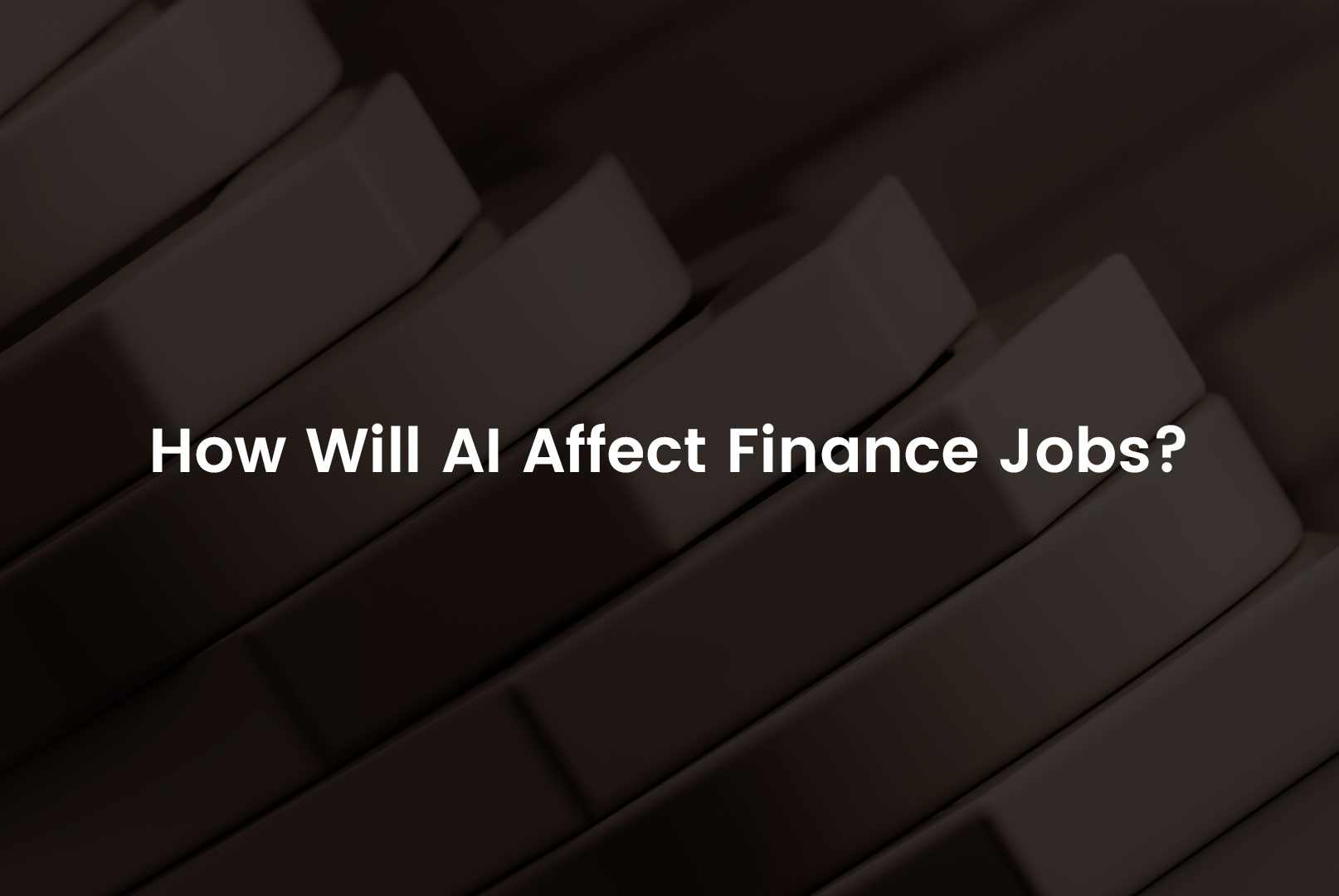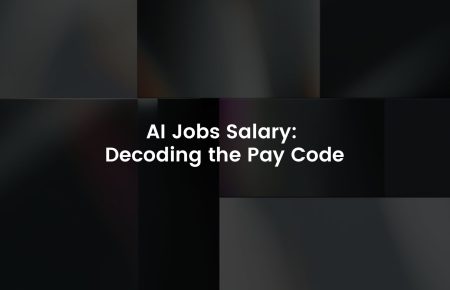The rise of artificial intelligence (AI) in the finance sector is like a double-edged sword—on one edge, the sleek, promising blade of efficiency and innovation; on the other, the jagged fear of job displacement. But before you start envisioning a world where Wall Street is run by robots and your financial advisor is an AI named HAL 9000, let’s take a deep breath. The truth is, AI in finance is less about replacing humans and more about augmenting our abilities, opening up a realm of opportunities for those willing to adapt and upskill. So, buckle up as we explore how AI is not the foe but the friend and future of finance jobs.
AI’s Impact on Different Finance Roles
Automation of Routine Tasks
Imagine the most tedious parts of your job—data entry, endless reconciliations, basic number crunching—now imagine them disappearing. That’s AI for you! For roles like bookkeepers, data analysts, and junior accountants, AI is the magic wand that automates the mundane, allowing humans to focus on more strategic tasks. While it might seem scary at first, this shift is a chance to move away from the monotonous and dive into more meaningful work.
Augmentation of Complex Jobs
Now, let’s talk about the big guns: portfolio managers, financial advisors, and compliance officers. AI in these roles acts like a supercharged assistant, analyzing vast amounts of data to assist with investment analysis, fraud detection, and risk management. This doesn’t mean these professionals are out of a job; rather, they’re equipped with Iron Man’s suit to perform their roles with enhanced insight and efficiency.
Emergence of New Roles
With great AI comes great responsibility—and new job titles. The finance industry is now on the lookout for AI specialists, data scientists, and even AI ethicists. These roles are at the forefront of navigating the AI landscape, ensuring that as finance becomes more AI-driven, it remains ethical, understandable, and accessible.
Opportunities for Beginners
Focus on Non-Coding Roles
Not a coder? No problem! The AI wave in finance isn’t just for the tech-savvy. There’s a sea of opportunities in market research, AI product marketing, and business development within AI startups. These roles require a keen understanding of the market and the ability to communicate AI’s value proposition, opening doors for those with a flair for research, marketing, or sales.
Essential Skills for Beginners
Whether you’re eyeing a role in AI ethics or AI market research, certain skills are non-negotiable: communication, critical thinking, adaptability, and data literacy. These foundational skills ensure you can navigate the AI landscape, understand its implications, and contribute effectively, no matter your role.
Learning Resources
The internet is awash with resources to get you started—from online courses on platforms like Coursera and edX to certifications that add that extra sparkle to your resume. Communities, both online and offline, offer invaluable networks for mentorship, learning, and job opportunities.

Future-Proofing Your Career
Embrace Lifelong Learning
The only constant in AI is change. Staying ahead means embracing continuous learning, be it AI fundamentals, data analysis techniques, or the latest in fintech innovations. Platforms like LinkedIn Learning and Udemy are your allies here, offering courses that range from beginner to advanced levels.
Develop Soft Skills
In a world where AI handles the numbers, human skills like communication, collaboration, and critical thinking become your superpower. These skills ensure you remain irreplaceable, complementing AI’s capabilities with a human touch.
Network and Build Your Brand
Building a professional network and showcasing your skills online can open doors to opportunities you never knew existed. Attend industry conferences, engage in finance and AI forums, and don’t be shy to share your insights and achievements on platforms like LinkedIn.
Conclusion
The narrative that AI will replace finance jobs is a myth that needs busting. AI is an opportunity for augmentation, innovation, and job creation. By adapting to the AI revolution through upskilling and focusing on complementary skills, finance professionals can not only survive but thrive. As we navigate this AI-augmented landscape, let’s remember to consider the ethical implications and strive for a future where technology enhances our work, not replaces it. So, are you ready to adapt and explore the exciting world of AI-powered finance? The future is calling, and it’s got an algorithm for success.
Bonus
Remember, every big AI breakthrough started with someone’s curiosity. So, start exploring, learning, and laughing (yes, even AI has a sense of humor—ever heard a virtual assistant tell a joke?). The journey into AI and finance is as thrilling as it is rewarding, with plenty of resources and communities to support you along the way. And who knows? Maybe the next big AI innovation in finance will have your name on it.
FAQs
How is AI changing finance jobs?
- AI is revolutionizing finance jobs by automating routine tasks, enabling data-driven decision-making, and creating new roles focused on AI technology management and development.
What finance jobs are most affected by AI?
- Jobs involving data analysis, transaction processing, and risk management are most affected, with AI taking over repetitive tasks and enhancing efficiency.
Can AI create new job opportunities in finance?
- Yes, AI is creating new opportunities in areas like AI system maintenance, data analysis, cybersecurity, and personalized financial advising.
How can professionals adapt to AI in finance?
- Professionals can adapt by gaining skills in AI and data analytics, understanding AI applications in finance, and focusing on strategic decision-making and interpersonal skills.
What are the benefits of AI in finance?
- AI offers enhanced accuracy in predictions, improved customer service through personalization, increased efficiency, and the ability to manage complex data sets.
What are the ethical considerations of AI in finance?
- Ethical considerations include data privacy, bias in AI algorithms, transparency in AI-driven decisions, and the impact on employment.
How does AI contribute to financial inclusion?
- AI contributes by enabling customized financial products for underserved markets, improving credit scoring models, and making financial services more accessible.
What is the role of AI in financial risk management?
- AI plays a crucial role by analyzing vast amounts of data to predict and mitigate risks, offering real-time insights, and automating risk assessment processes.
How can small businesses leverage AI in finance?
- Small businesses can leverage AI for efficient bookkeeping, enhanced customer insights, personalized financial advice, and streamlined financial operations.
What are the challenges of implementing AI in finance?
- Challenges include the high cost of implementation, the need for regulatory compliance, ensuring data security, and managing the transition for existing employees.




